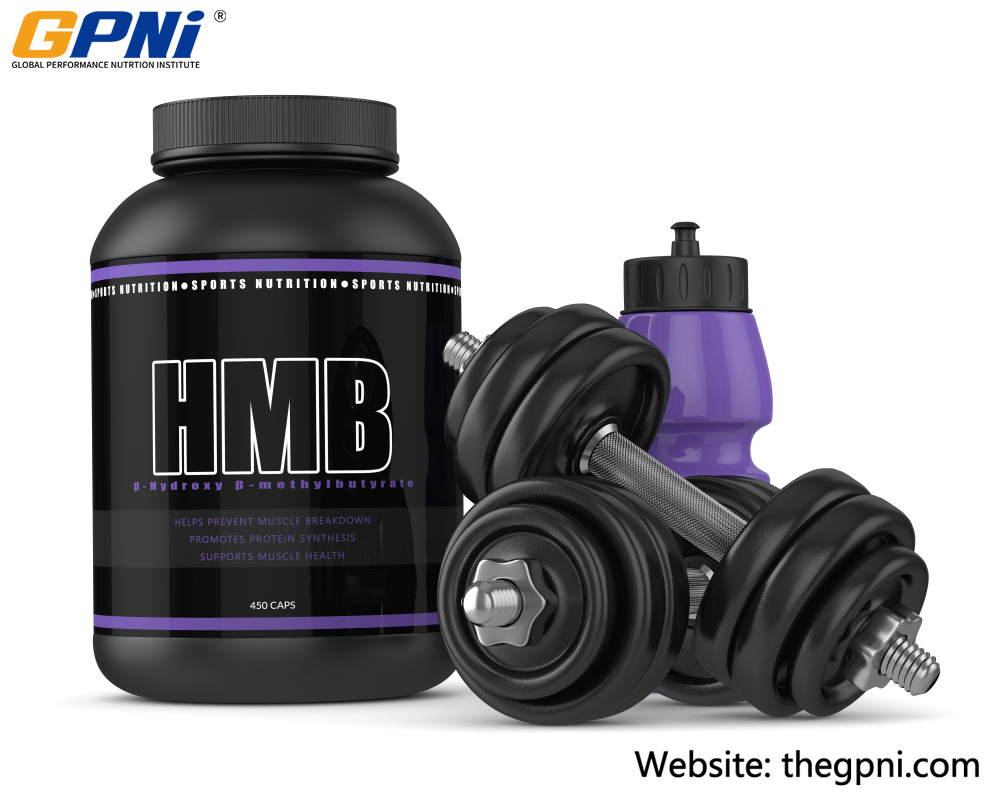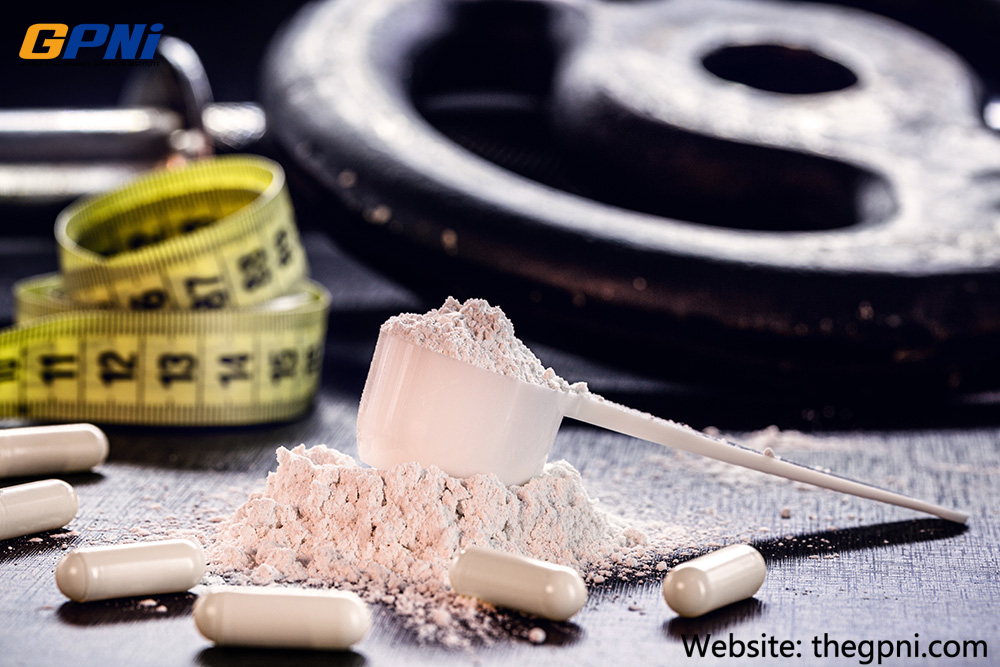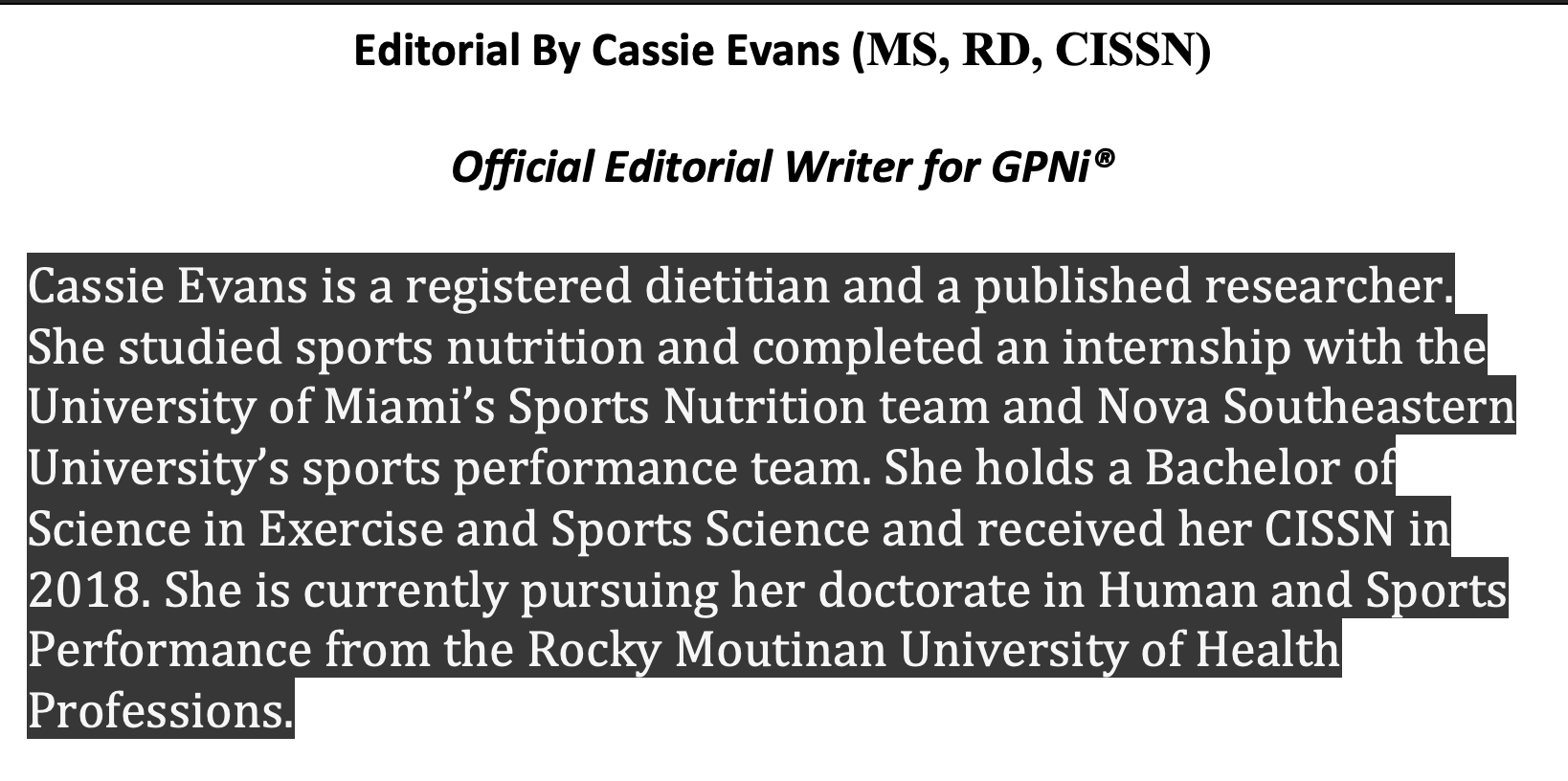Editorial By Cassie Evans

β-hydroxy-β-methylbutyrate, better known as HMB in the bodybuilding world, is touted as being a safe and effective way to improve body composition, aid in recovery and illicit strength gains. HMB is universally recognized as safe and is included under the list of permissible substances according to the International Olympic Committee (IOC). In other words, HMB does not violate any anti-doping laws and is a legal supplement! This enticing supplement has been around since 1990s yet it has remained relatively unrecognized. HMB is frequently found in protein supplements or as a stand-alone product. It promises to decrease body fat and improve strength. With claims like these, some might think HMB is the end all be all. Let’s take a closer look at exactly what HMB is, its claim to fame, and if the science backs it up.

Through the breakdown of leucine, an essential amino acid, the body can produce HMB. Leucine signals the body to activate the mTOR pathway, which is responsible for changes in muscle tissue. It was been suggested that the conversion of leucine to HMB promotes both muscle growth and reduces muscle breakdown. Leucine can be found in protein-rich foods such as milk, yogurt, beef, poultry and chicken. Even when consuming foods high in leucine, approximately 5% is converted to HMB. This is a relatively small amount, therefore, supplementation is necessary for increasing HMB levels.
HMB is a well-researched compound. In the realm of exercise performance and muscle health, the results are somewhat conflicting. In combat athletes, 12 weeks of HMB supplementation increased muscled mass and improved measures of physical fitness. On the other hand, water-polo athletes did not experience significant increases in strength or performance following 4 weeks of supplementation. The International Society of Sports Nutrition suggests trained individuals will experience modest benefits from long-term supplementation (>6 weeks).
For individuals who regularly engage in physical activity, HMB did not consistently enhance muscle protein breakdown or muscle recovery. Conversely, untrained individuals appear to experience decreases in muscle breakdown, demonstrating that HMB supplementation is not limited to the world of bodybuilders and fitness enthusiasts. One study found HMB preserved muscle mass when compared to a placebo in elderly individuals with limited mobility. Another study found that daily supplementation with 3-4g of HMB reduced muscle breakdown in subjects who were at risk for muscle loss. There has also been reports of improved mood, decreased blood pressure and increases in immune function related to HMB supplementation.

Are you ready to add HMB to your training protocol? There are two types of HMB supplements available; free acid form HMB and calcium salt form of HMB. The free acid form may have greater bioavailability when compared to the calcium salt form. The free acid form should be consumed closer to workout (30-60 min prior) and the calcium salt form should be consumed 60-120 minutes before. Doses as high as 6g are considered safe. Most research suggests that there is no advantage to supplementing with more than 1.5-3g per day. When combined with exercise, HMB supports the growth of lean tissue and may enhance performance when taken prior.
Editorial By Cassie Evans (MS, RD, CISSN)


Wilkinson DJ, Hossain T, Hill DS, et al. Effects of leucine and its metabolite β-hydroxy-β-methylbutyrate on human skeletal muscle protein metabolism. J Physiol. 2013;591(11):2911-2923. doi:10.1113/jphysiol.2013.253203
Walker DK, Thaden JJ, Wierzchowska-McNew A, Engelen MPKJ, Deutz NEP. Determination of β-hydroxy-β-methylbutyrate concentration and enrichment in human plasma using chemical ionization gas chromatography tandem mass spectrometry. J Chromatogr B Analyt Technol Biomed Life Sci. 2017;1040:233-238. doi:10.1016/j.jchromb.2016.11.010
Durkalec-Michalski K, Jeszka J, Podgórski T. The Effect of a 12-Week Beta-hydroxy-beta-methylbutyrate (HMB) Supplementation on Highly-Trained Combat Sports Athletes: A Randomised, Double-Blind, Placebo-Controlled Crossover Study. Nutrients. 2017;9(7):753. Published 2017 Jul 14. doi:10.3390/nu9070753
Slater G, Jenkins D, Logan P, Lee H, Vukovich M, Rathmacher JA, Hahn AG: Beta-hydroxy-beta-methylbutyrate (HMB) supplementation does not affect changes in strength or body composition during resistance training in trained men. Int J Sport Nutr Exerc Metab. 2001, 11: 384-396.
Wilson, J.M., Fitschen, P.J., Campbell, B. et al. International Society of Sports Nutrition Position Stand: beta-hydroxy-beta-methylbutyrate (HMB). J Int Soc Sports Nutr 10, 6 (2013). https://doi.org/10.1186/1550-2783-10-6







